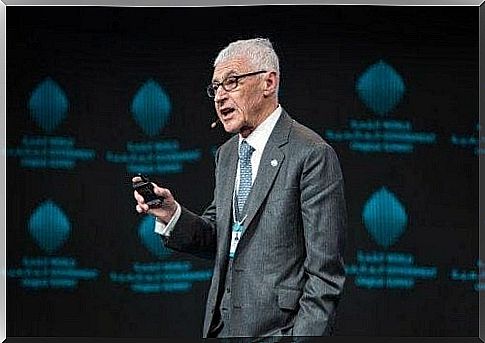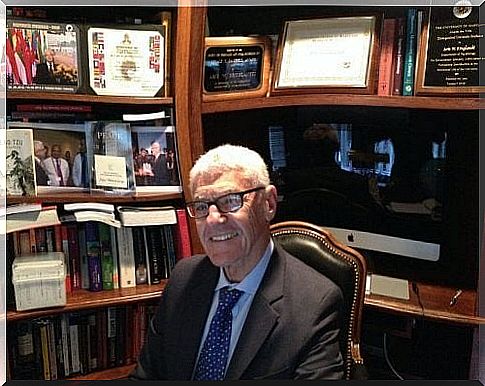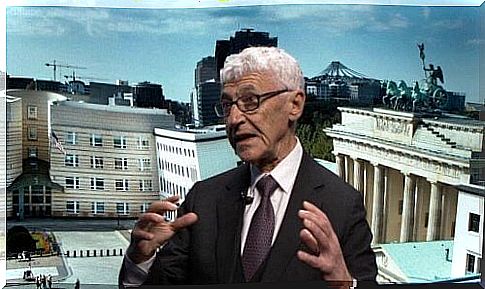Arie Kruglanski: Cognition, Motivation And Radicalization

Arie Kruglanski is a professor at the University of Maryland. Despite being born in Poland, he has spent most of his life in the United States where he has contributed to the development of various important theories. Although he began studying the theory of cognitive closure, he has contributed in several fields. In fact, many articles and books mention many of his findings.
Among Arie Kruglanski’s many contributions, the need for cognitive completion, motivational preparation and the search for meaning is the most important. Each of these theories affects the others. Thus, his latest theory, the search for meaning, aims to explain the motivations of terrorists by using the other two previous theories.
Arie Kruglanski and the need for cognitive closure
Arie Kruglanski developed the need for cognitive closure, which corresponds to the desire to provide a quick answer to a question where the content is confusing or ambiguous. Basically , the closure puts an end to that search and helps us gain knowledge. Closing is therefore necessary on a daily basis, so that we do not continuously search for information.
Those who have a high need for closure quickly overcome uncertainty since they use available clues. They draw probable conclusions through these clues. If the clues are wrong, they may end up defending wrong ideas. Since team members are the biggest sources of security and knowledge, they can give us cognitive closure. Thus, these people will tell us what the world is like, what to do in different situations, who they are and why they are important.

Motivational preparation
According to Arie Kruglanski , longing for something is like an intense desire. These desires can be material or symbolic. On many occasions, these desires arise due to the impact on the environment or our loved ones. Consequently, desires have two components: scope and content. Scope refers to how much we want something and content represents what we actually want.
On the other hand, we also have an expectation of this desire: the estimated probability that our desire will be satisfied. Expectation will depend on previous experiences and on what others think. If our friends think we can reach a goal, we have higher expectations. It is important to note that there are other factors, such as optimism or cost, that can affect our expectations.
In fact , desire and expectation affect each other. Thus, our expectations of satisfying our desire will depend on how strong our desire is in the first place. But it can also be the other way around. The higher the expectations, the greater the desire. A goal will arise when they are both at a high level, which is when we get the right motivation to meet that goal.

The search for meaning
Arie Kruglanski also said that we all need meaning, to feel that we are important and that we have goals and values that influence the decisions we make. We become motivated when we lose meaning and when we find an opportunity to gain it. This motivation is the search for meaning, which leads us, as the name suggests, to seek meaning.
Once we are motivated, we will look for means to make sense. We can find meaning in different stories or ideologies. If these stories tell us that violence is the only possible way to gain meaning, and our social network supports the use of violence, we will end up becoming violent. In other words, if our group supports violence and we are looking for meaning, we may end up using violence. According to Kruglanski, this is the path that terrorists follow.
As you can see, Arie Kruglanski has contributed greatly to psychology, especially in cognition, motivation and terrorism. His theories of cognition and motivation paved the way for his second theory, which allows us to understand how people radicalize and end up participating in terrorist organizations.









